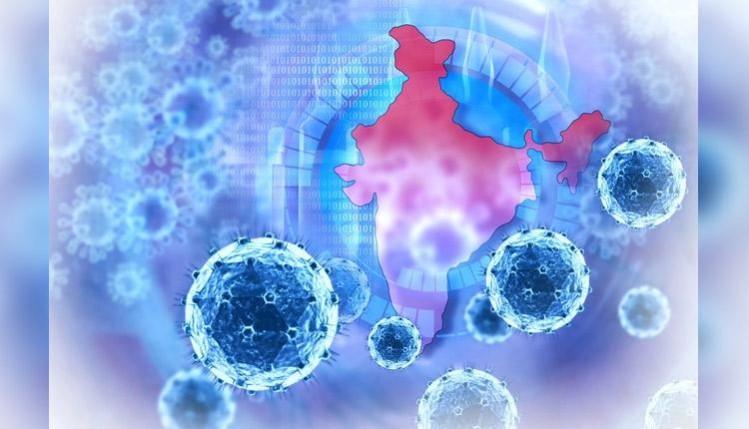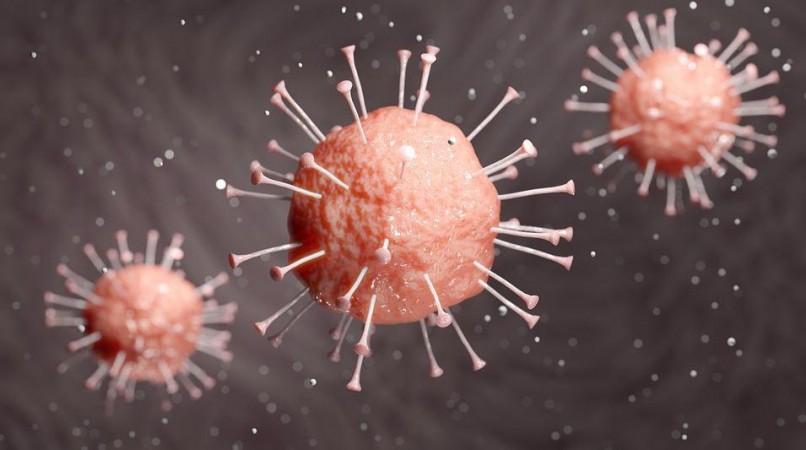Jammu and Kashmir's leading preventive medicine expert Dr. Mohammad Salim Khan, Head of Department, Community Medicine, Government Medical College Srinagar, has cautioned that the double mutant strain can infect even those who have already got Coronavirus infection during the first wave.
Dr. Khan said that with the second wave around, the number of cases is increasing with each passing day. "We cannot predict its peak nor can we predict when shall the number of cases decrease, the only thing we know this time is that the number of cases may increase manifold in coming days which may also lead to increase in mortality rate," he warned and added: "To combat such a situation, the Government has already notified the COVID-19 related SoPs and guidelines and people need to adopt the COVID appropriate behavior"

In comparison to last year, he said more COVID positive cases are being reported this year. The number of severe cases is also increasing manifold due to which the patient rush has increased at the hospitals.
Recalling the COVID situation last year, Dr. Khan said, "There happened to be one case in a family, but today if there is a single case detected in a family the whole family is found to get infected with the virus and now particularly the cases of children contracting the virus too are being reported frequently".
Checking oxygen saturation level pre-requisite to prevent 'Happy Hypoxia'
In the current scenario, many Covid patients prefer to stay at home even after severity shows up of the infection and rush to the hospital in an advanced stage for treatment, which sometimes results in the death of such patients, he noted.

In such a situation, COVID positive patients in home isolation need to check their saturation level after every two to three hours. "If they feel that their saturation level has dipped below 90 they should immediately consult a nearby health centre, so that the medical staff available there can make their referral to the hospital after examination," he said.
He added that "this is important because, in many of the COVID positive cases, patients develop no symptoms and they hardly feel a dip in saturation level and this is called happy hypoxia".

















